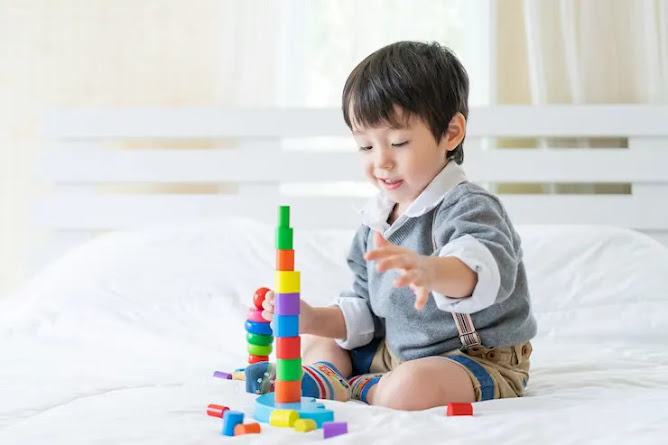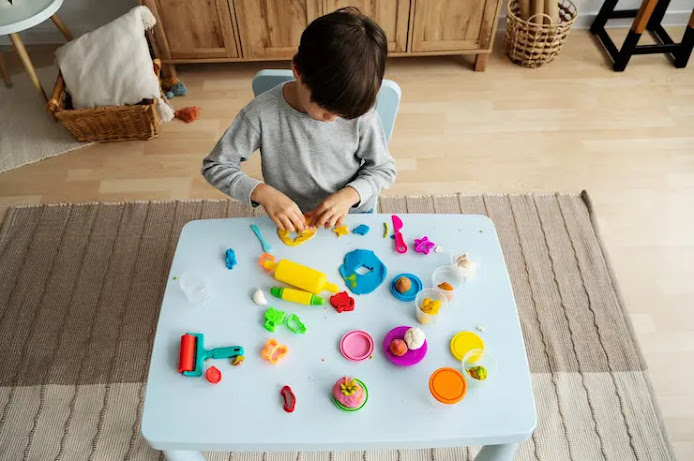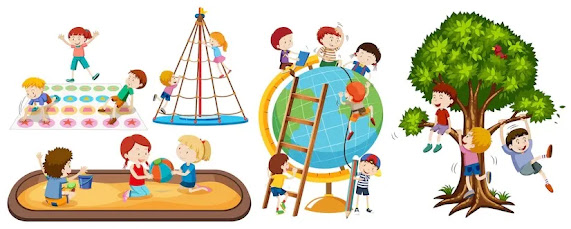Tiny Hands, Big Adventures: Fine Motor Milestones for 3-6 Year Olds - What to Expect!

Introduction Hey there, parents and caregivers! Grab a cup of coffee and get ready to dive into the wonderful world of fine motor developmental milestones for our pint-sized adventurers aged 3-6 years. From mastering the art of finger painting to tying shoelaces, these tiny hands are about to embark on some incredible journeys of skill and talent. So, let's buckle up and explore the exciting fine motor developmental milestones that await us! Mighty Grasping Skills: Picture this: your little one proudly holds a crayon in their hand and makes their first doodles on a piece of paper. That's right, one of the first fine motor developmental milestones for 3-6 year olds is developing a strong grasp. At the beginning, they might use a palmar grasp (think: holding onto things with their whole hand), but fear not! As they grow, their fingers start to take the spotlight, moving into a more refined and precise three-fingered grip. Get ready for a messy adventure as they experiment with...


